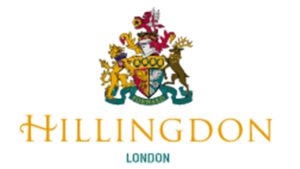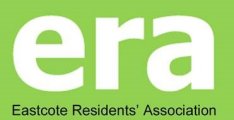 Hillingdon Council has launched a new campaign to encourage residents to recycle more and further reduce contamination by double-checking items before placing them in their clear bags.
Hillingdon Council has launched a new campaign to encourage residents to recycle more and further reduce contamination by double-checking items before placing them in their clear bags.
Residents are being asked to ‘take two seconds to check your recycling’ and make sure the contents of their clear, dry mixed recycling bags can be recycled.
The contamination rate in Hillingdon currently stands at around 15 per cent, which matches the average rate for London, however the council’s ambition is to improve on this. Contamination occurs when an item which can’t be recycled via the council’s kerbside collections, such as clothing, is put in residents’ clear bags. Too many contaminating items can lead to good recycling being rejected at the sorting facility and the whole load instead going in general waste.
Reducing contamination, while increasing uptake of free kerbside food waste and textiles collections provided by the council and its partners, will all contribute to a net reduction in contamination rates.
Why not take two seconds to check what you can and can’t put in your clear recycling bags in Hillingdon? Visit www.hillingdon.gov.uk/dry-mixed-recycling.
The new campaign is visually inspired by ‘Top of the Pops’ style music chart countdowns, listing the top five contaminating items found in the council’s kerbside collections: crisp packets, batteries, nappies and sanitary products, clothing and textiles and the number one contaminant: food items.
The campaign launched on Monday 14 October to coincide with Recycle Week – a national awareness campaign to encourage people across the UK to minimise their household waste by recycling as much as they can.
Cllr Eddie Lavery, Hillingdon Council’s Cabinet Member for Residents’ Services, said: “We know most Hillingdon residents recycle the best they can, but we could all improve if we take two seconds to check we’re only putting items out for collection that can be recycled.
“Our residents have various free services available to them for dealing with items which can’t be placed in the clear bags, including our food waste, garden waste and textiles collections – while our two civic amenity sites will take most other things.
“Recycling correctly is better for the planet as it means less waste is being produced. This small change in behaviour also helps save money and allows us all to play a part in creating a greener future.”
Some items incorrectly put in with the dry mixed recycling can be hazardous, particularly lithium-ion batteries hidden in objects like Bluetooth headphones, old mobile phones and electric toothbrushes. These can risk starting a fire if they get caught up in processing machinery.
